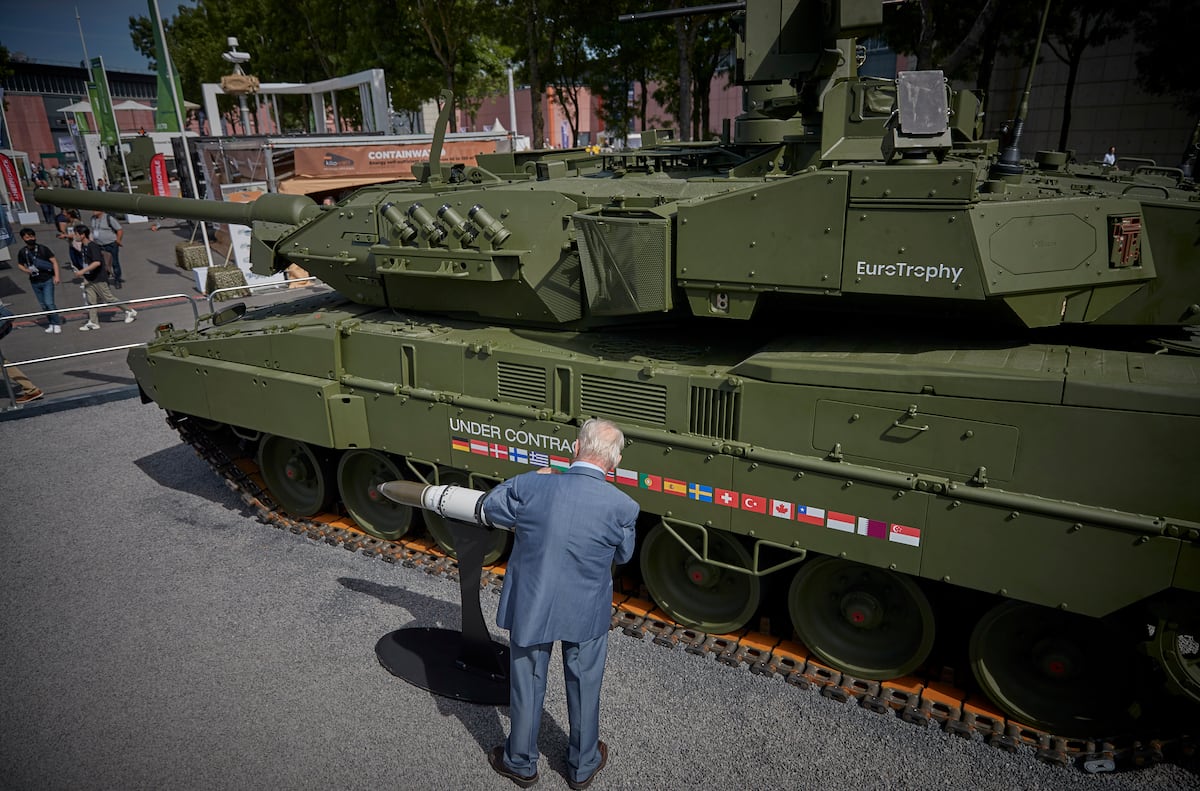CHRISTCHURCH, New Zealand — Eleven years after its keel was laid, India has taken receipt of a 3,900-ton guided missile frigate from Russia.
Indian Defence Minister Rajnath Singh called it a “significant milestone in the longstanding friendship between India and Russia,” with the two nations bound together by “mutual trust and a special and strategic privileged partnership.”
The ceremony for this Project 1135.6-class warship, christened INS Tushil, took place in a wintry Yantar Shipyard in Kaliningrad earlier this month.
The warship was originally destined to join the Russian Navy, but it was diverted to Delhi after India contracted for two frigates in October 2016. Sister ship INS Tamala is due for handover in the first quarter of 2025.
India already has six frigates of this Talwar class in service – three built in the Baltiysky shipyard, St. Petersburg, and three in Kaliningrad.
Viraj Solanki, Research Fellow for South and Central Asian Defence, Strategy and Diplomacy at the U.K.-based International Institute for Strategic Studies, told Defense News that Russia remains a key defense partner for India.
“India’s armed forces have long relied heavily on Russian weapons and military equipment, and that dependence will not change soon,” Solanki said.
INS Tushil, carrying BrahMos supersonic missiles, will join the Indian Navy’s Western Fleet.
After being launched in October 2021, its first sea trials occurred in January ahead of delivery acceptance trials that concluded in September.
The Indian government boasted that the warship “packs a lethal punch and is an impressive blend of Russian and Indian cutting-edge technologies and best practices in warship construction,” per a statement.
Levels of Indian content reached 26%, including 33 Indian-made systems.
However, Moscow’s war with Ukraine has encouraged India to prioritize locally built warships rather than Russian ones. In September, for example, Delhi granted acceptance of necessity for seven Project 17B frigates to be constructed in India.
“Although India is seeking to rely less on Russia for defense equipment, the sheer amount of Russian-made equipment operated by the Indian armed forces is so great that it’ll take a long time to make any significant dent,” Solanki said.
Still, he added, India has sought to diversify its equipment suppliers in recent years. “This has included co-development and co-production of equipment through joint ventures between foreign and Indian companies. At the same time, India has been seeking to enhance its own indigenous defense capabilities.”
India is widening the scope of its naval operations too, from the Gulf of Oman to the Gulf of Aden, from the Suez to Malacca, and from Australia to Madagascar. Singh said the navy “is playing the essential role of a net security provider in the Indian Ocean region.”
Gordon Arthur is an Asia correspondent for Defense News. After a 20-year stint working in Hong Kong, he now resides in New Zealand. He has attended military exercises and defense exhibitions in about 20 countries around the Asia-Pacific region.
Read the full article here








Leave a Reply